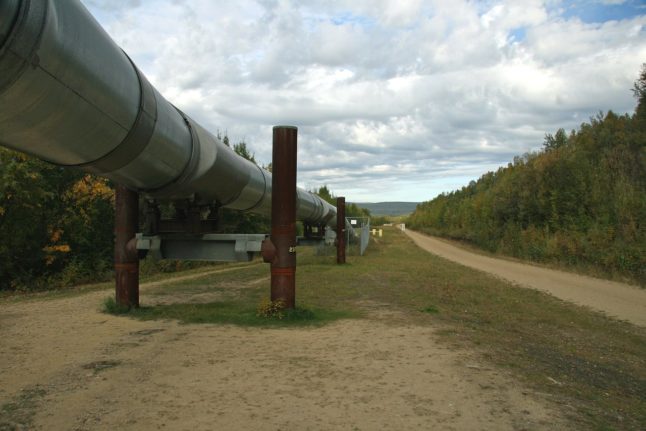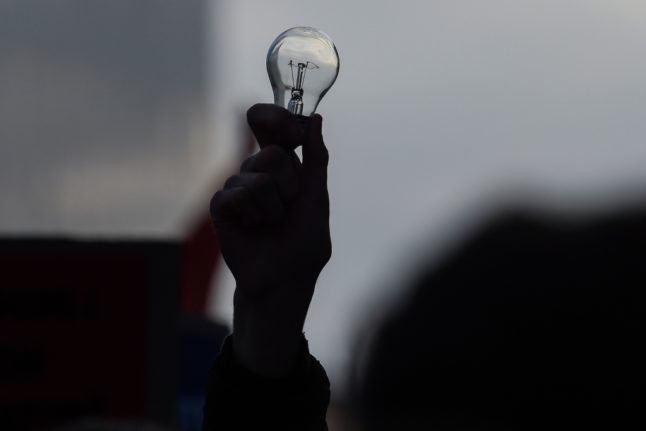Neutral Switzerland is known for its role in mediating international conflicts, not creating them.
But according to a report in Tages-Anzeiger, this might change in the foreseeable future, as an impending gas shortage is threatening to drastically reduce the supply of this vital energy source to Switzerland.
As Switzerland doesn’t have its own gas storage facilities, it relies heavily on other nations, in particular Germany, for its supply.
However, Germany is seeking to maximise its own stocks, which means it could reduce or, if there is an extreme shortage, even stop exporting gas to Switzerland altogether.
Since Italy is also connected to this pipeline, Swiss authorities have already warned their Italian counterparts that they will use the gas from this pipeline for themselves.
While this may sound highly unethical, it is not illegal: the contract between the two countries states that, in the event of a crisis, Switzerland can keep the gas supplied by Germany, even if this act would stop the flow of gas towards Italy.
Not surprisingly, “the Italians have reacted strongly” to Switzerland’s stance, sparking unprecedented tensions between Bern and Rome, according to Tages-Anzeiger.
In the meantime, the Swiss are hoping this worst-case scenario can be avoided if everyone in the country starts to follow energy-saving measures.
Economy Minister Guy Parmelin has been urging businesses to switch from gas to oil, “and to do so immediately”.
“As of today, independently of market prices, we must build up reserves of fuel oil. If everyone waits until the autumn, we will have a logistical problem”, he added.
In the event of an actual shortage, “consumption restrictions may be ordered, for example restrictions on the heating of unoccupied buildings. The switching to biofuel could be imposed by ordinance”, Parmelin noted.
If the shortage persists, a quota would be implemented. Initially at least, private households and essential services, such as hospitals, will not be affected, but “otherwise there will be no exceptions”.
READ MORE: ‘It could hit us hard’: Switzerland prepares for impending gas shortage



 Please whitelist us to continue reading.
Please whitelist us to continue reading.
Member comments